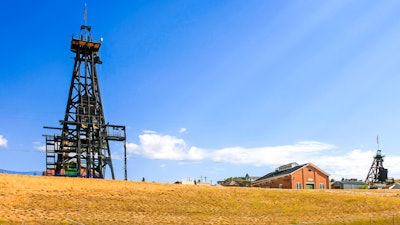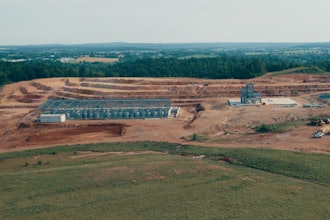
BUTTE, Mont. (AP) — A company that turned mining waste into roofing materials at a Montana plant was fined and ordered to conduct medical monitoring of workers on Friday, after pleading guilty to a criminal charge that it exposed employees to arsenic.
Tinley Park, Illinois-based U.S. Minerals was sentenced by U.S. District Judge Dana Christensen to pay a $393,200 fine and will be on probation for five years, according to court records. The company pleaded guilty in August to negligent endangerment, a misdemeanor violation of the federal Clean Air Act.
Prosecutors said U.S. Minerals continued to poison its workers by exposing them to arsenic despite repeated warnings from regulators. Long-term exposure to inorganic arsenic can lead to skin cancer and cancer in the bladder and lungs, according to the World Health Organization.
In its guilty plea, the company acknowledged it “negligently placed another person in the imminent danger of death or serious bodily injury.”
From 2013 to when it closed in June 2021 the company's Anaconda plant converted mining waste known as black slag — a byproduct of a century of copper smelting in the town — into roofing materials called Black Diamond Abrasive Products.
Under a plea agreement, U.S. Minerals plants in Illinois, Wisconsin, Kansas, Texas and Louisiana will be under increased oversight by the Environmental Protection Agency and the Occupational Safety and Health Administration during a five-year probationary period.
The company would also have to monitor the health of former employees of the Anaconda plant during that time.
Employees who take advantage of the medical monitoring program would not give up the right to pursue civil litigation against U.S. Minerals, under the agreement.
Five of six employees tested at the Anaconda plant in July 2015 had elevated levels of arsenic, according to a 2016 report by the National Institute for Occupational Safety and Health. At the time, respiratory protection was provided but not required, and there was no running water or handwashing stations at the plant
The company was earlier fined nearly $107,000 by OSHA for violations in 2016.
Montana’s health department ordered the plant to temporarily close in February 2019 after at least two workers had elevated arsenic levels in their urine in 2018.





















